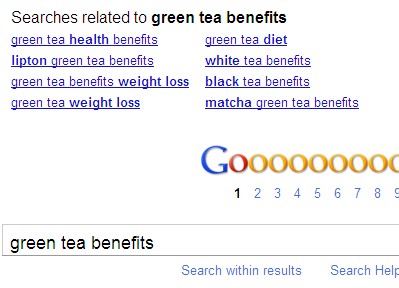What is LSI or Latent Semantic Indexing?
Latent Semantic Indexing – LSI for short – is the name given to the information indexing and retrieval method which relies on complex mathematical technique of Singular Value Decomposition. Put simply, LSI looks for patterns in the relationships between words, terms and concepts in bodies of collected content.
How will Latent Semantic Indexing (LSI) work with existing SEO?
Good content is still key when it comes to website SEO and LSI looks for content and keywords related to your page. For instance your websites title was about “Dogs”, the search engine would look for LSI keywords or related keywords such as “Dog Training”, “Dog Food”, “Dog Accessories”, “Dog Toys”, “Dog Parks”, “Dog Breeds”, “Dog Breeders” and so on.
Google algorithms have changed the way SEO works in turn making it much harder to rank for certain keywords. That’s where LSI comes in; it is an important SEO tool that requires quality content to be added to using synonyms and theme words of the keywords.
Before LSI we could add keywords to titles, headings, subheadings and throughout the body of the web content without any penalties, however now that can be viewed as keyword stuffing and producing unworthy or unrelated content.
Words in italics or even in bold will be looked at by Google as more important keywords, however content needs to be written professionally otherwise your website might be ranked for keywords that aren’t of great importance to your business.
Latent Semantic Indexing was created due to people keyword stuffing the content on their websites by adding keywords in their Meta keywords, adding multiple keywords into their Meta descriptions and page content using random keywords and unworthy or unrelated content. This practice is commonly referred to as ‘keyword stuffing’; it is an unethical practice in the world of SEO and is rigorously monitored. You can safeguard yourself against Google penalties by ensuring that you are not keyword stuffing and only producing quality, relevant and related content that will improve quality scores.
How do you produce the best results using Latent Semantic Indexing?
- Develop quality content using related keywords around your article or text
- Do not overuse or stuff your keywords into your content, Google will look at this as keyword stuffing techniques
- Have a professional copywriter assist you in writing relevant and quality content to ensure the best possible ranking and quality scores
- Regularly check related keywords for your page and how they are ranking using Google Webmaster Tools
Latent Semantic Indexing is another important tool to assist your website in top search engine rankings and working in partnership with other SEO practices that are in place for your business will give you the best possible chance of strong rankings for keywords of your choice.




